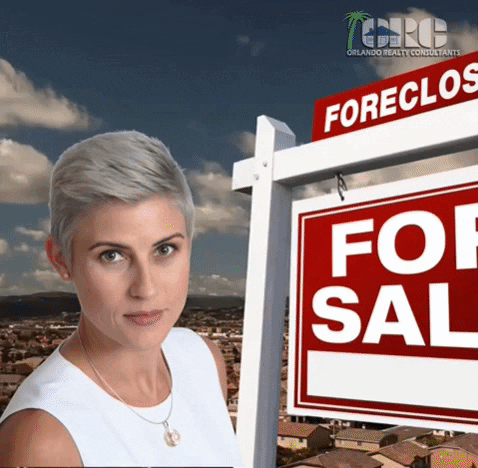Bad BPO’s= Inflated Values
Orlando Realtors that specialize in short sales know how important the broker’s price opinion [BPO] part of the process is. The BPO refers to the value of a property as decided by a local real estate agent or broker. It’s important to note that BPO agents are not appraisers. BPOs should be done by taking into consideration the characteristics of the subject property such as similar properties in the neighborhood [square footage, upgrades, etc.] They should also consider other important factors such as the repairs that will take to make the property ready to be put on the market.
Once a contract is submitted to a lender on short sale property. The lender will then order the BPO to be done through a large BPO agency. The agency will then hire a local real estate broker or agent to do it. Most of the time the broker or agent will then do the BPO based completely on electronic data and will sometimes even complete their BPO report before even leaving the office. This means that some of the items such as necessary repairs, neighborhood trends, etc. aren’t taken into consideration often resulting in bad BPOs that a short sale agent receives.
What can an Orlando Short Sale Realtor do to prevent a Bad BPO?
1- Automatically assume that the BPO will be bad or overinflated. This will give you more time so that you’re ready to fight it.
2-Do your own Comparative Market Analysis [CMA] providing at least 5 comparable properties that will help to prove your case.
3-Take a bunch of pictures of any cosmetic, structural, or neighborhood issues that can negatively affect the value of the subject property. You should also take pictures of dated appliances, old water stains, mold and mildewed walls, worn-out wall coverings, and fixtures. Big-ticket items like roof, ceiling, AC, and water heater damages should also be included. You should also take pictures of any overgrown landscaping, broken or deteriorated fencing as well as any other issues with the yard. You should also take pictures of nearby commercial locations that could potentially influence the value of a property.
4-Carefully review the BPO report that was completed by the other agent. Remember… you are the local expert, not them. Take note of how old the comparable properties are as well as the square footage making sure that the comparables provided are a good match for your property. Make sure that the school ratings and nearby amenities were also recorded correctly such as parks, shopping, entertainment, and dining.
5-Make sure that any needed repairs were also considered as part of the BPO, this is a big one! If possible take any pictures of the comparable properties that were used that will help to prove your case with the lender. By doing this, you can prepare a detailed side-by-side comparison showing the lender that the BPO agent got it wrong.
6-Submit your analysis to the bank as soon as possible after you received the unreasonable BPO that was prepared by the Broker or agent. This will not only show the lender that you know your stuff but that you are ready to move quickly towards a resolution.
Once you’ve done all these things, it will undoubtedly make the bank take notice. Remember to always be respectful with the negotiator and use humor whenever appropriate to keep things light. I don’t care who it is, people will always appreciate a good laugh. Then the only thing left to do is follow up, follow up, follow up. At the very least the lender will have no choice but to order a second BPO.









